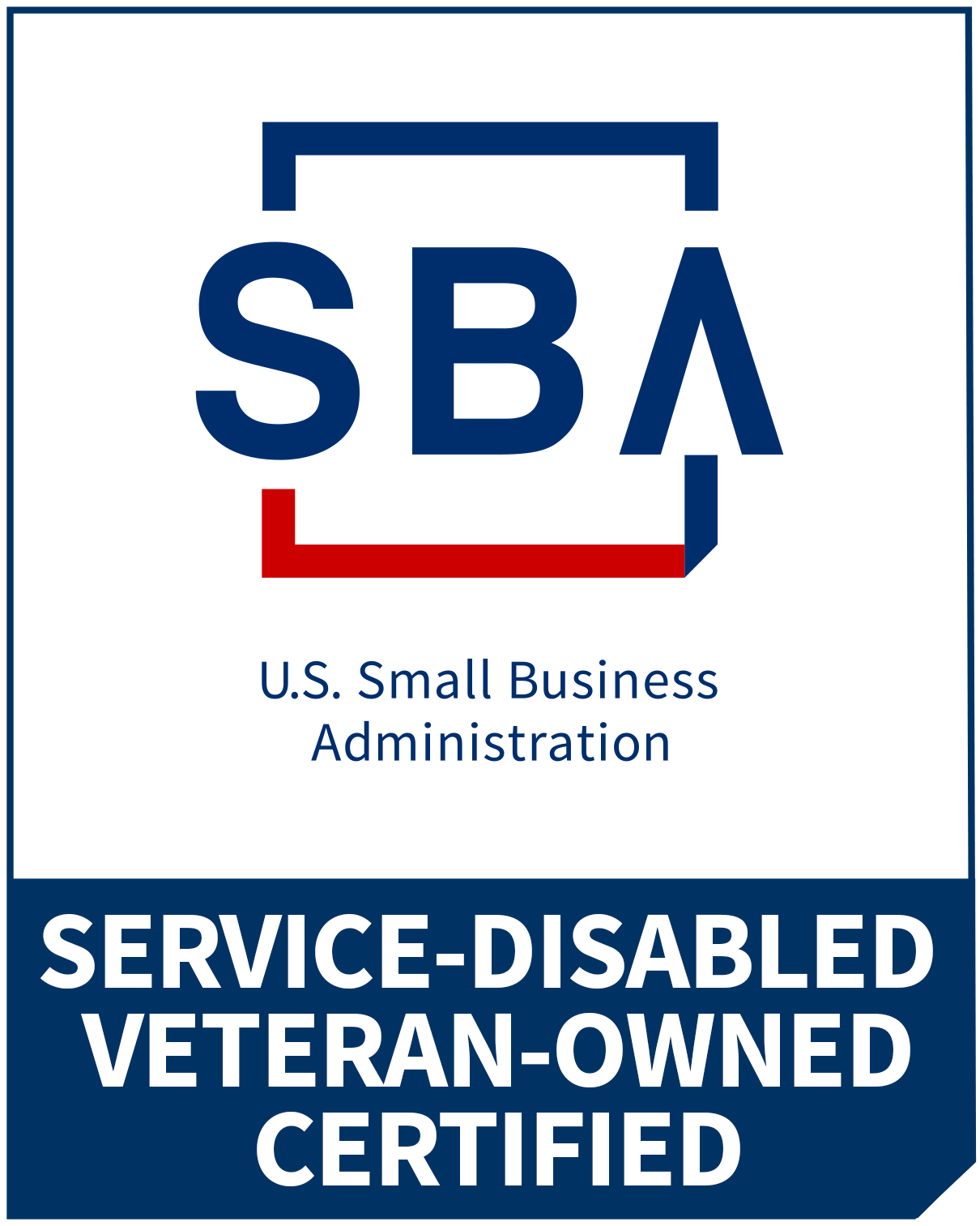Your mom may have told you to always read the fine print. Or maybe it was a college professor or something along those lines. If you’ve ever interacted with an attorney of course you’re familiar with the admonition.
By and large that’s always a great idea, even when working with a trusted and Customer-centric brand. After all, it’s important for both parties to understand what’s expected of the other, and it’s not necessarily a sign of mistrust to get certain things down on paper, just to be sure.
And, after all, let’s be honest: If a brand didn’t live up to its written word, wouldn’t you hold them accountable? So, to some degree we owe them a degree of latitude as well: We oughtn’t expect something they’ve never promised. It’s nice to know you’re working with a brand and partner you can trust, but nevertheless, as they say, good fences make good neighbors.
Still, though, you have to wonder: How many companies do you work with who hide behind their contract instead of standing behind their brand?
There may be times when you, as a Customer, get stuff wrong. Companies (at least the good ones) go to great lengths to build systems and processes in an effort to try to keep you from screwing up. In instances where we as Customers find ways to circumvent those best efforts, you can’t really blame a brand for saying, “hey look pal…this one’s on you.” The good ones, nonetheless, will, in an effort to keep you as a Customer (and sometimes simply because they’re good brands) meet you halfway—maybe further than halfway—and still work with you to make good and take it in the chin themselves because that’s what the relationship means to them.
But far too often, the company will simply declare: ‘We have that written in our policy, which is on our website. As far as we’re concerned, you were made aware of that. It’s our policy not to offer any sort of make-good in a situation like this.’
Really, though? I understand why companies do this: They don’t want to be taken advantage of. And that’s not simply a lizard-brained self-defense mechanism…it’s been calculated as such. They’ve got actuaries who’ve crunched the numbers and determined what thresholds need to be in place in order to keep the organization afloat. Companies don’t become huge by giving away their stores (literally!) any more than rich people become rich as individuals by squandering their wealth.
On the other hand, though, what does it really cost? If one out of five Customers who seeks, say, a refund on somewhat questionable grounds is really trying to get away with something (as opposed to simply misinterpreting something you said or otherwise with the best of intentions feels it’s your fault), that leaves fully 80% of your Customers who are suffering because you’ve put policies in place that are protecting you from that one dishonest Customer. While you’ve saved yourself a cost from all five of those interactions, you’re potentially losing the four honest ones who’d come back almost for sure, knowing that you’re being square with them.
I’ve written in the past about Schlage’s policy regarding replacement locks. That must cost them a ton of revenue, giving all those locks away (sorry, Schlage, if I’ve incentivized more people to hit you up for them!) all the time. In fact, in some incidents, they almost seem to be encouraging that. But then again, as I wrote back then, I’ve replaced (i.e., purchased) a few locks since then, and they’ve all been Schlage locks.
The Ritz-Carlton is another great example. They empower each of their employees up to $2000 per Customer to make things right. Of course, that’s quite the luxury brand (it doesn’t cost Schlage anywhere near that much each time). And surely if every Customer cost them that, it’d be unsustainable. But here’s the thing: They don’t. Ritz-Carlton trusts its team members (the “Ladies and Gentlemen” who work there) as well as their guests (the “Ladies and Gentlemen” who stay at their properties) not to take advantage of the system. Do some? Definitely. But how much would all the run-around (escalations, time, effort), not to mention the ill-will (“I can’t believe you’d not take care of me! I’m never staying here again! And I’m telling all my rich friends too!”), cost otherwise? Ritz-Carlton could easily hide behind their Ts&Cs and throw their hands up—after all, the majority of instances where they dip into these funds don’t even have to do with things that are even related to the stay at the hotel—and say, tough luck, buttercup. But it wouldn’t do them any good with their guests.
What about your brand? Is it reliant on its Terms & Conditions? Does it stand with them, or with your Customers? Some brands resort to the small print…some prefer to be the bigger person.




